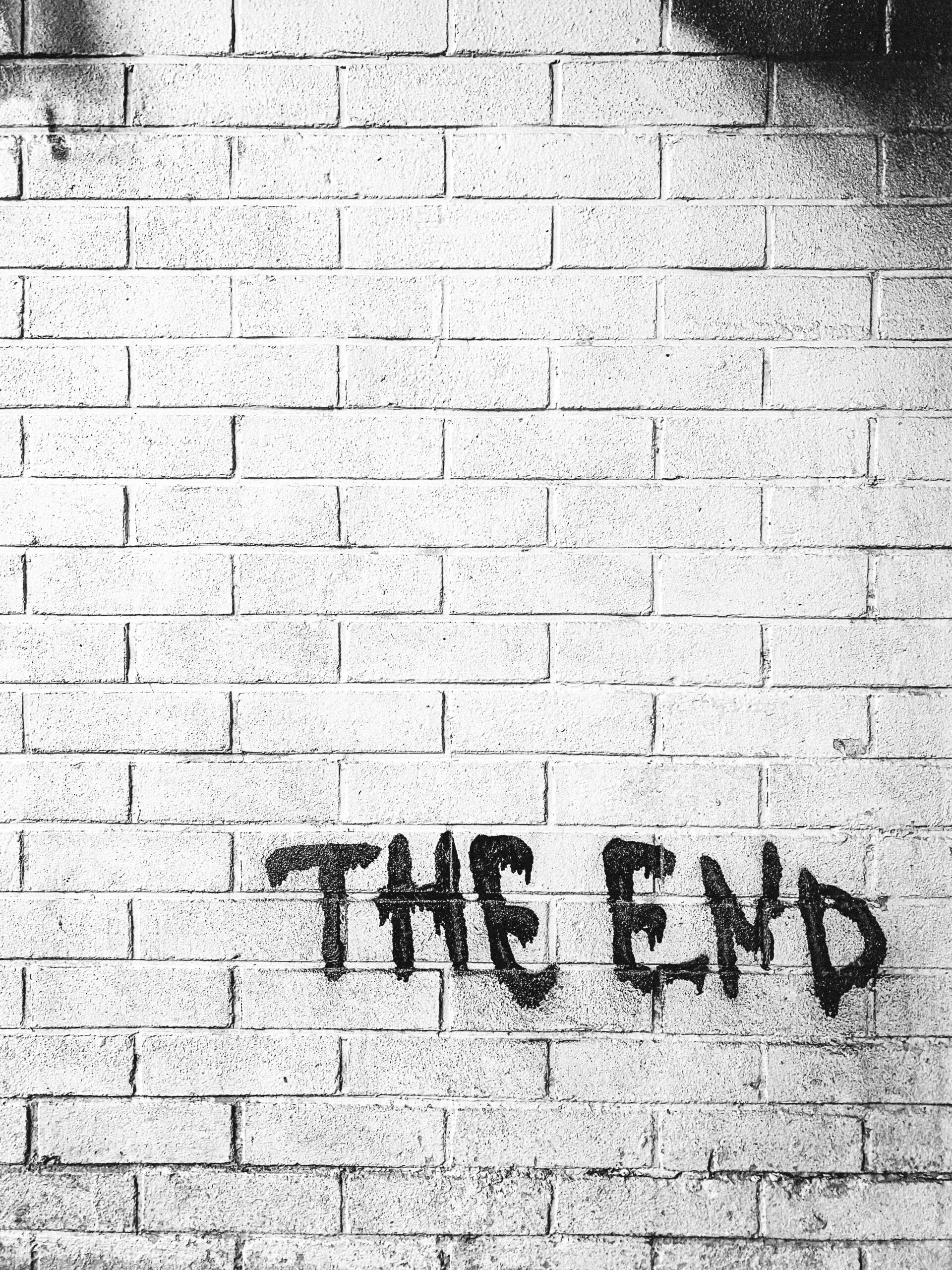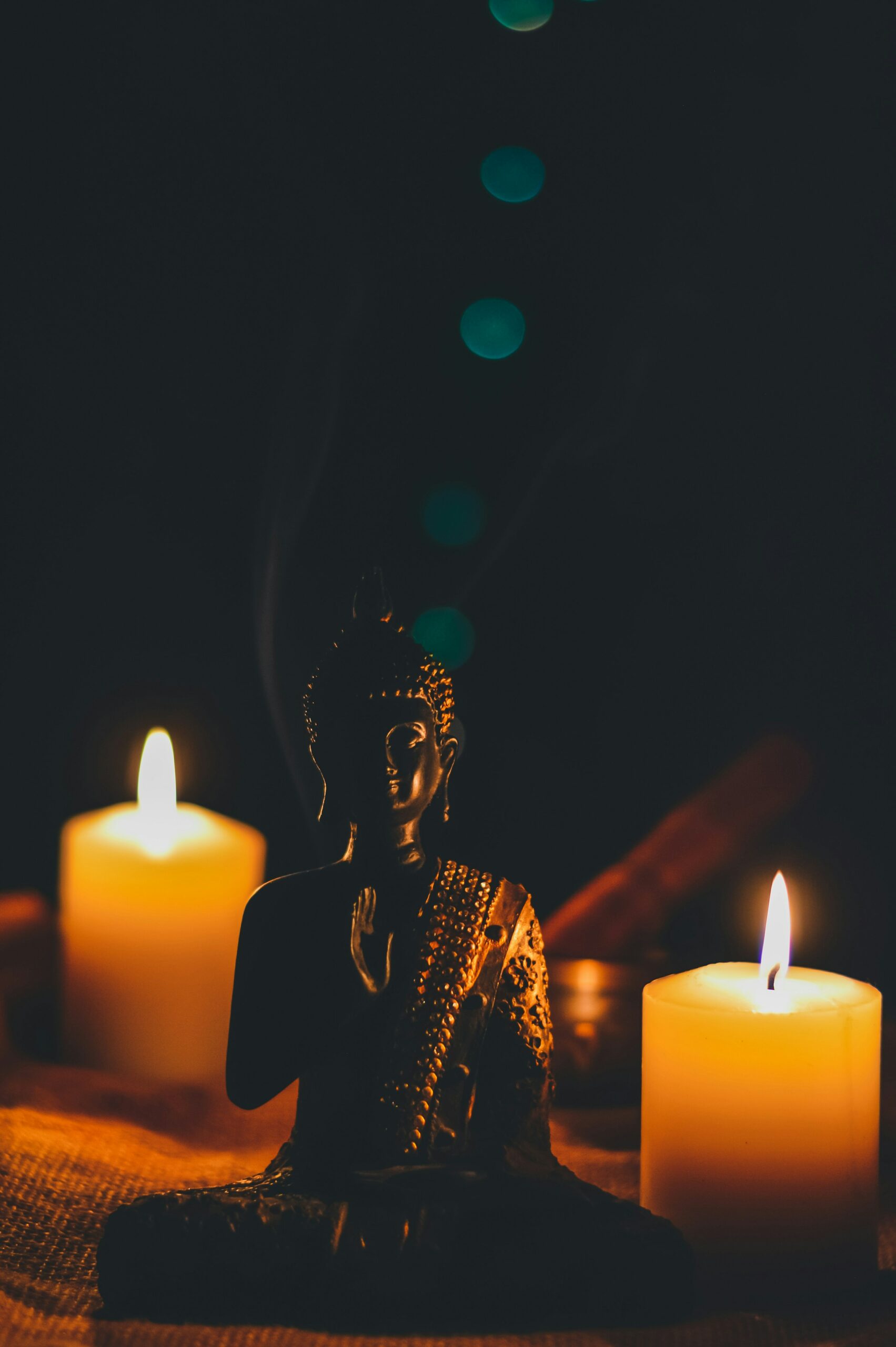For the second day in a row, I had a lot of anxiety when I woke up this morning. It’s funny, I don’t think of myself as prone to anxiety. I think of myself as more of a calmly depressed person. Not the last couple of days, though. Unlike yesterday, it didn’t make it hard to get to group. I knew group wasn’t the cause of the anxiety, and I thought that maybe it would help.
My check-in was pretty long again today. I had a lot to talk about with all my anxiety. The clinician asked if I knew what the cause of the anxiety was. I said that most of my racing thoughts were centered around money. I don’t know if money is the actual cause, though. I’m at the stage where I have to be careful with my money, but that’s where I’ve been most of my adult life. I’m not worried about where my next meal is coming from or anything like that. All I know for sure is that I’m anxious.
The second hour was spent going over our progress on this week’s goals. My goal was to talk more during group. I do OK during the check-ins, but I’m almost mute the rest of the time. The clinician asked me about what barriers are getting in the way of talking more. After some thought, I decided it was mostly a confidence issue. I’ll keep trying. I may have the same goal next week.
The next thing we did was talk about Protective Factors. “Protective factors are things that contribute to mental health and allow a person to be resilient in the face of challenges.” The factors we discussed were social support, coping skills, physical health, sense of purpose, self-esteem, and healthy thinking. We rated ourselves on a scale of weak to strong. I was strong for social support and sense of purpose. I was moderate for coping skills and physical health. And I was weak for self-esteem and healthy thinking. I now have another two things to focus on.
We finished the day by talking about opposite action. That is simply taking an action urge and doing the opposite. So, if your urges are telling you to isolate, you should reach out to someone. If you have an urge to take a nap, you should go for a walk instead. There are seven steps to opposite action:
- Identify and name the emotion
- Check the facts
- Identify and describe your action urges
- Ask wise mind
- Identify opposite actions
- Act opposite all the way
- Repeat acting opposite
Most of those are obvious. 2 and 4 might not be. Check the facts means to see if the emotions you’re feeling are appropriate. Wise mind is what we call the balance between reason and emotion. Asking wise mind is checking to see if your action urges would be helpful. Opposite action sounds easy, but it’s really not. It takes effort and uses a lot of energy. It’s worth it, though. If you do it right, you feel a lot better in the long run.
And that was today’s IOP session. I’m still feeling anxious, but not as bad as this morning. Hopefully, I’ll be even less anxious tomorrow. We’ll see.












One thought on “My Mental Health Journey Through an Intensive Outpatient Program – Part 15”